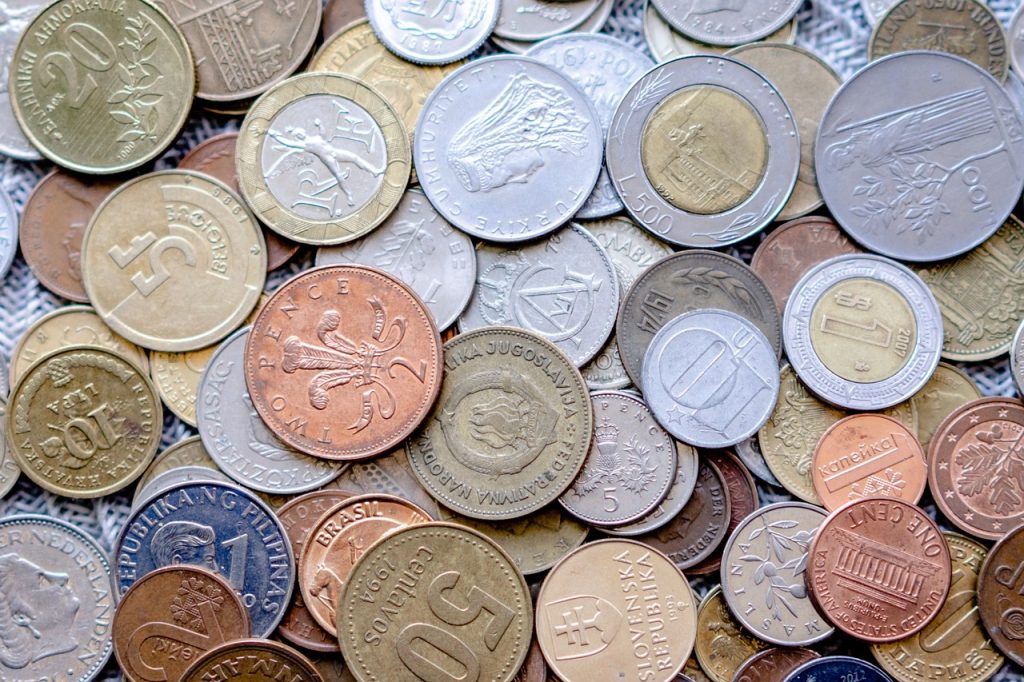
When we first imagined life abroad, we pictured a more settled life, stable income to rebuild our reserves. What we didn’t expect was how quickly we would deplete our savings and had to make some real long term plans.
“It’s not the big costs that catch you — it’s the small daily assumptions you carry from home.”
1. The Myth of the Cheap Paradise
Every expat hears the same story: “You can live like a king abroad for half the price.” It’s half true. Yes, groceries might cost less, but everything else — bureaucracy, health insurance, transport, even coffee — adds up in ways no online list prepares you for.
Most “cost of living” charts assume you’ll live like a local. Few newcomers do, at least not at first. You still crave familiar brands, restaurants, streaming services, and travel back home. Each one quietly nibbles at your monthly budget.
Example: The café that felt affordable on week one suddenly feels indulgent by month three when you realise your local friends make the same coffee at home for a tenth of the price.
“Freedom isn’t free — but it’s worth every penny once you understand the price.”
2. The Hidden Costs No One Mentions
The first year abroad always costs more than you think. Here’s where most new expats stumble:
- Setup Shock: Deposits, appliances, furniture, utilities, local SIM cards, and endless paperwork fees.
- The Learning Tax: Paying twice for the wrong insurance, being overcharged as a foreigner, or choosing an area that looks perfect online but feels isolated in reality.
- Travel Back Home: Family visits, return flights, extra luggage, and last-minute emergencies.
- Health Surprises: Doctor visits aren’t expensive — until you need blood tests, specialists, dental work or hospital stays.
The irony? Once you’ve paid those upfront “invisible” costs, life truly does get cheaper. But too many give up before reaching that point.
3. Budgeting for the Life You’ll Actually Live
Budgeting abroad isn’t just about numbers — it’s about habits. Here’s what worked for us after a few expensive lessons:
- Budget backwards. Start with what you want your life to look like — eating out, travel, hobbies — then calculate if your income can fund it.
- Build a “new country fund.” Keep at least three months of expenses aside for early mistakes. You will make them.
- Expect inflation. Currencies shift, local economies boom, and suddenly your rent rises by 20%.
- Don’t chase cheapness. The cheapest country isn’t always the happiest one. Comfort and safety have value too.
If you can live well below your means for the first six months, you’ll quickly learn which expenses truly matter.
“In the beginning, we spent money trying to recreate home. The breakthrough came when we stopped doing that.”
4. The Emotional Price of Financial Stress
Money pressure feels heavier abroad. It’s not just about the balance sheet — it’s about identity. Many expats who were once confident decision-makers find themselves second-guessing every purchase in a new currency. It takes some time before you stop converting everything into your home currency and comparing.
The smartest budget move we made wasn’t cutting costs — it was designing a small online income stream to cover the gap. A trickle of digital earnings gave us peace of mind and turned survival into sustainability.
That’s when the freedom we’d been chasing finally started to feel real.
5. The Real Reward
Once you cross the adjustment phase, your financial awareness sharpens. You learn to live deliberately.
Simple pleasures — morning markets, homemade meals, local festivals — replace old spending habits. The cost of living drops, but quality of life rises.
Paradise isn’t about perfection. It’s about choice. The choice to slow down, to adapt, and to spend where it matters most — on the life you came for.
“We built MonMax because no one told us the real story — that freedom abroad takes planning, courage, and community.
Check out the exact system we used – https://monmax.co.uk/learn-and-earn“

